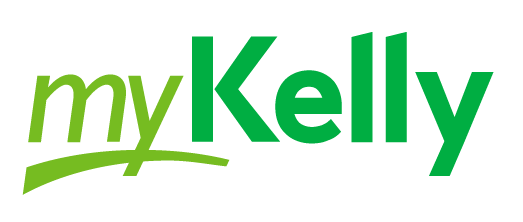The reasons higher ed leaders should talk unemployment and workers’ compensation claims before going remote.
The pandemic has forever changed the ways in which higher education institutions manage their remote academic and non-academic workforce and avoid risk. With more students enjoying the flexibility of online education, the task of overseeing a remote, geographically dispersed talent pool can seem almost Sisyphean. From ensuring adjunct faculty receive the proper payroll deduction based on the state in which they reside, to navigating and complying with complex state and local tax laws for remote technical administrators, there are many logistics to consider.
Unemployment and workers’ compensation claims are critical considerations.
How higher ed leaders handle unemployment and workers’ compensation claims are two more critical considerations that institutions must make as their academic and non-academic employees are increasingly located across state lines.
You might be surprised to learn that even though adjunct faculty are teaching from their own homes, injuries and illnesses that occur while on assignment—such as a fall during a remote lecture or a carpal tunnel diagnosis—could be considered as work-related injuries, potentially covered under state specific workers’ compensation laws.
And as institutions continue to adjust their virtual adjunct staffing to align with the realities of student enrollment, an increased number of unemployment claims could impact their unemployment tax rates.
At stake are significant dollars and months, if not years, of administrative burden that today’s college and university administrators simply don’t have.
As a former university president and dean, I understand that unemployment and workers’ compensation claims can be a source of significant pain for payroll and human resources leaders. And the transition to virtual adjunct instruction, for example–where claims are typically filed in the states where adjuncts live and work, rather than the state in which the institution is located–has the potential to only exacerbate the burden.
Fortunately, my colleagues from Kelly Education have decades of experience helping colleges, universities, and Fortune 100 companies alike by assuming the responsibility for coverage, as well as managing the effects of unemployment and workers’ compensation claims.
Three advantages of partnering with a workforce solutions provider.
- 50-state purview. Unemployment and workers’ compensation laws vary by state, and claims are usually filed where the remote talent primarily works and/or resides. We track unemployment and workers’ compensation laws across all 50 states to ensure compliance with varying statutory requirements.
- Assuming statutorily required coverages. Institutions’ unemployment tax and workers’ compensation insurance expenses can be significant. Too many claims can cause an institution’s experience rating—and thus their associated tax and insurance rates—to rise. By partnering with Kelly to service fluctuating staffing of remote academic and non-academic personnel, we also assume the tax liability and statutory insurance coverage requirements for those employees. As the COVID-19 pandemic proved, this is an invaluable benefit in times of crisis.
- Assuming administrative burden. Unemployment and workers’ compensation claims can require extensive time and thorough documentation. We take this task off our clients’ already-full plates by ensuring timely and detailed responses to both types of claims. In the event of a new employee injury for example, we help facilitate the process of conducting a thorough investigation and filing the necessary documentation, so the employee receives appropriate and timely medical attention. During the ongoing claims process, Kelly continues to ensure appropriate cost control measures are taking place—whether it’s a few months or a few years.
No administrator wants to see an employee involuntarily out of work or injured, but these things do occur. And as institutions continue to build their virtual instruction programs, the associated risks and liabilities shouldn’t prevent them from unleashing the power and potential of employing faculty and administrators from anywhere. An expert and consultative partner can guide them through this journey. The team at Kelly Education stands ready to support higher education administrators so they can get back to their true focus: inspiring and educating students.
Michael Plater, Ph.D. is a distinguished leader with 30+ years in academia, holding positions as university president, provost, dean, and professor. As vice president of Kelly Education, Dr. Plater is a strategic business partner to administrators at institutions of higher education. His passion is helping to solve the economic pressures of talent-related challenges for colleges and universities around the globe.
View Related:
Higher Education
You need the best and brightest.
We can help solve your most complex talent challenges – both today and in the future – by delivering high–quality talent that moves education forward.
Contact us at 800.Kelly.01 and one of our agents will administer your request. Or, if you'd prefer, fill out the form to submit an email.




